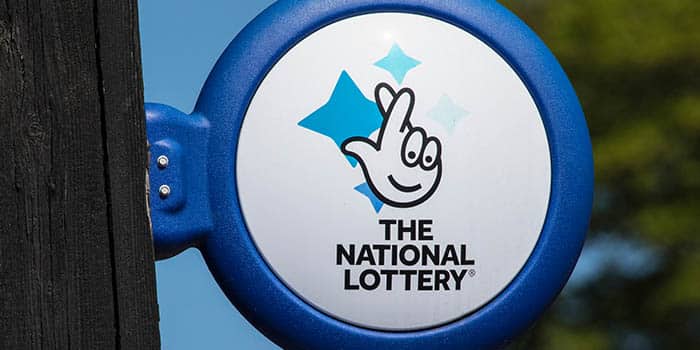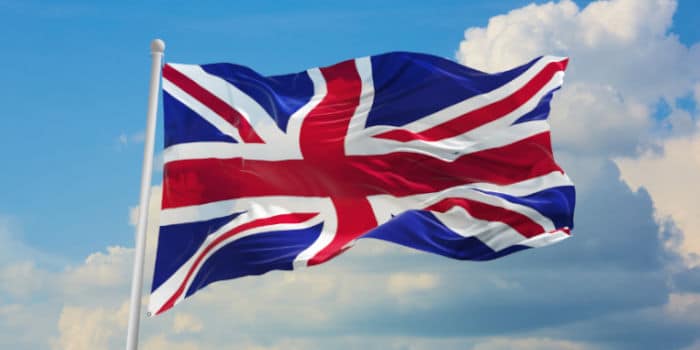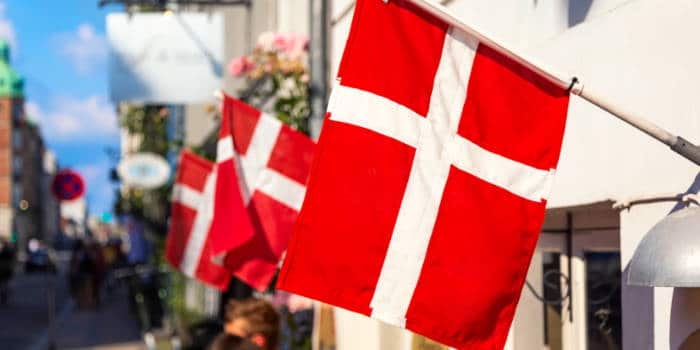- Casino
- By State
- Alabama
- Alaska
- Arizona
- Arkansas
- California
- Colorado
- Connecticut
- Delaware
- Georgia
- Florida
- Hawaii
- Idaho
- Illinois
- Indiana
- Iowa
- Kansas
- Kentucky
- Louisiana
- Maine
- Massachusetts
- Maryland
- Michigan
- Minnesota
- Mississippi
- Missouri
- Montana
- Nebraska
- Nevada
- New Hampshire
- New Jersey
- New Mexico
- New York
- North Carolina
- North Dakota
- Ohio
- Oklahoma
- Oregon
- Pennsylvania
- Rhode Island
- South Carolina
- South Dakota
- Tennessee
- Texas
- Utah
- Vermont
- Virginia
- Washington
- West Virginia
- Wisconsin
- Wyoming
- By State
- Slots
- Poker
- Sports
- Esports
GambleAware Research Says 0.1% of Online Gambling Accounts Biggest Losers

A new study by GambleAware that took place between 2018 and 2019 produced preliminary results looking into the online gambling habits of 140,000 people.
Majority of Gambling Accounts Are Reasonable Spenders
A new preliminary study commissioned by GambleAware and carried out by the National Center for Social Research looked into the gambling behavior of close to 140,000 online gambling participants.
The research spans the period from July 2018 through June 2019 and is part of an ongoing push to understand online gambling and its societal impact and how it affects individuals.
All data were collected by Professors David Forest and Ian McHale from the University of Liverpool, who had access to various gambling transactions in order to conduct more in-depth research.
The National Center for Social Research or NatCen has reached some interesting conclusions. According to the findings, some 85% of account holders spent less than £200 on betting in the period, with another 90% of gaming account winning or losing around £500.
However, the survey reaffirmed a well-established truth, i.e., that the gambling business may be too reliant on the gambling losses generated by a small part of the gaming population or the high rollers.
A Fraction of Accounts Drive Bigger Losses, Gross Gambling Yield
In fact, such accounts generate a big percentage of the winnings generated by casinos or gross gambling yield (GGY). Based on NatCen’s findings, 0.7% of betting and 1.2% of wagering accounts generated a loss north of £5,000 in the course of a single year.
Looking into the numbers further, NatCen found out that another 0.1% of the accounts generated losses over £20,000 while 0.2% of all accounts lost £10,000 to £19,999. Another group of accounts, some 0.4%, lost anything between £5,000 and £9,999.
Trying to pinpoint how much these accounts had generated for gambling firms, the research showed that they drove an estimated 70% of gross gambling yield (GGY) across all available verticals, except poker, bingo, and lottery.
According to NatCen, a customer care agent contacted 4% of all accounts to address a potential problem gambling practice with the individual. For accounts exceeding £2,000 in overall losses throughout the period, some 36% were contacted by gambling companies to assess whether they were experiencing a problem gambling issue.
Another keen insight went into the identification of the most reliable gambling tool, which turned out to be self-imposed deposit limits. Some 22% of the accounts used it to reduce their total gambling spent, whereas only 2.3% of all account holders chose to exclude themselves.
When You Play Matters on How Much You Spend
NatCen argued that the average male gambler placed between two and five times more bets than their female counterparts. NatCen was able to analyze specific time windows and conclude that night gaming tends to generate a higher degree of losses as well as drive consumers to greater spending.
In concluding the survey findings, NatCen’s Dr Sokratis Dinos argued that the study was able to dive deeper into gambling behaviors among the online population and have a clearer view of their habits.
The findings are still considered “interim,” meaning the full study will be produced at a later date. The information, however, is sufficient to start proving certain points. Self-exclusion and prohibition of gambling may not be the best strategy.
Instead, lawmakers must think about how to incentivize consumers to use consumer data. For the 0.1% – 0.2% of account holders, though, the problem is not the prevalence of advertisement, for example, but rather a more difficult time keeping one’s habit at bay.
Related Topics:
Mike made his mark on the industry at a young age, consulting for companies that would later become regulators. As one of the lead editor of Gambling News, he dedicates his weekdays to this project, aiming to educate the masses on the latest developments in the gambling circuit. His expertise and passion for the industry make him an invaluable asset to our team.
Must Read
More Articles








Industry
June 30, 2025
Stakelogic and Spillehallen.dk Sign Strategic Deal

Lottery
June 30, 2025
Norsk Tipping CEO Resigns Amid Lottery Scandal

Casino
June 30, 2025
DIMOCO Enters Germany iGaming Market with Neo.Bet

Legal
June 26, 2025
Entain Loses Trademark Battle in EU Copyright Clash

Industry
June 26, 2025
Spain’s Gambling Ad Ban Cuts New Accounts by 55%

Casino
June 26, 2025
ANJ Acknowledges Real Progress in 2024 Activity Report

Casino
June 26, 2025
R. Franco Digital Heads for Italian Market with 888.it








